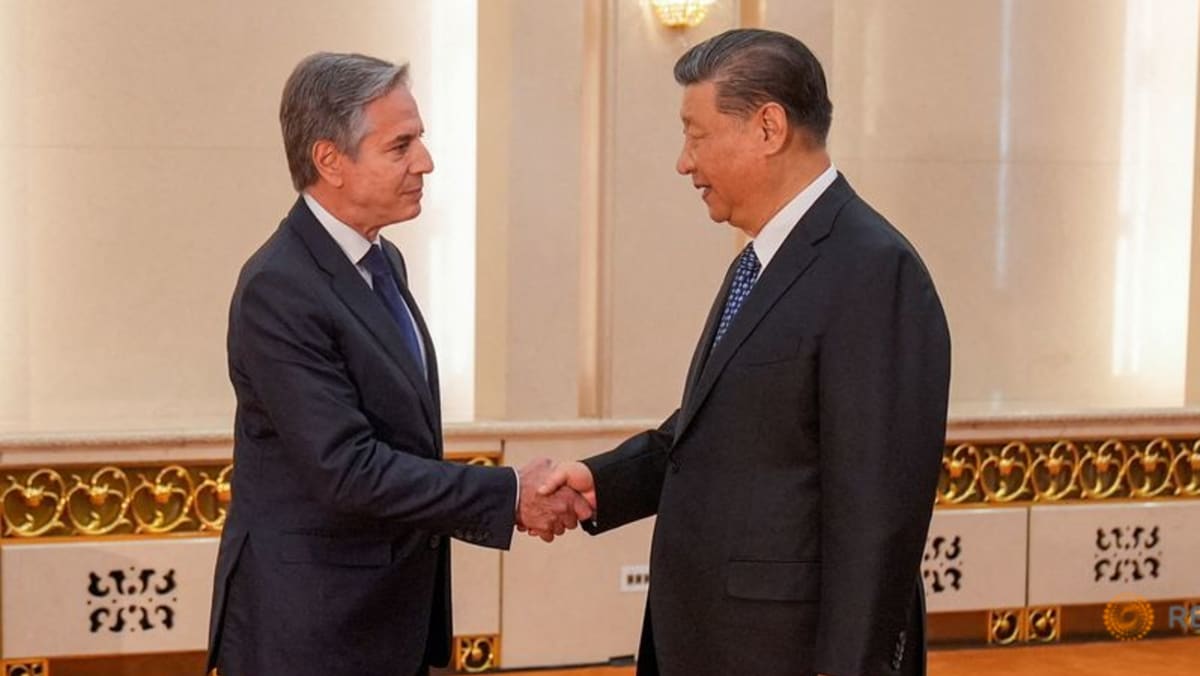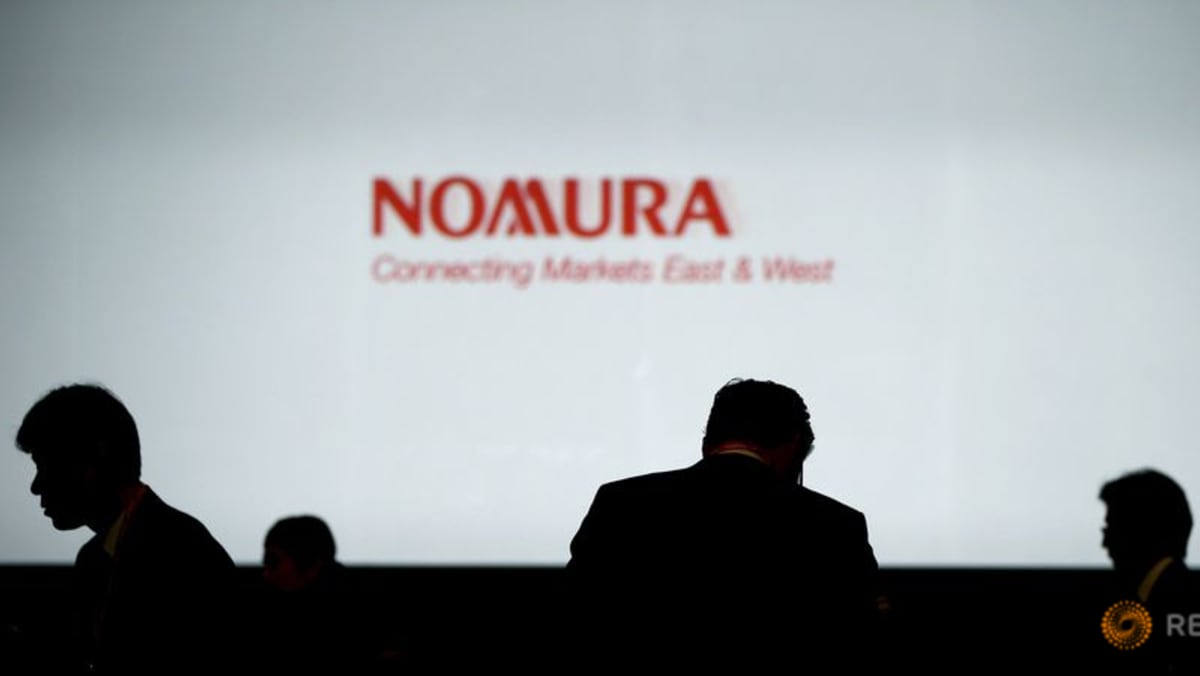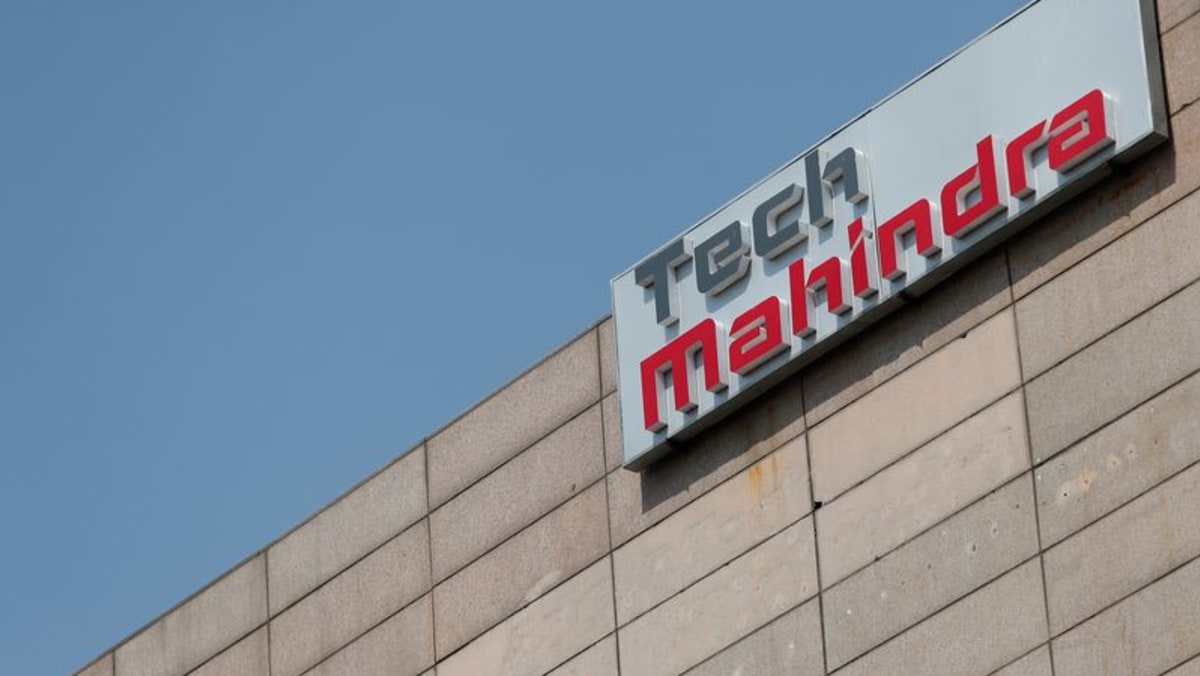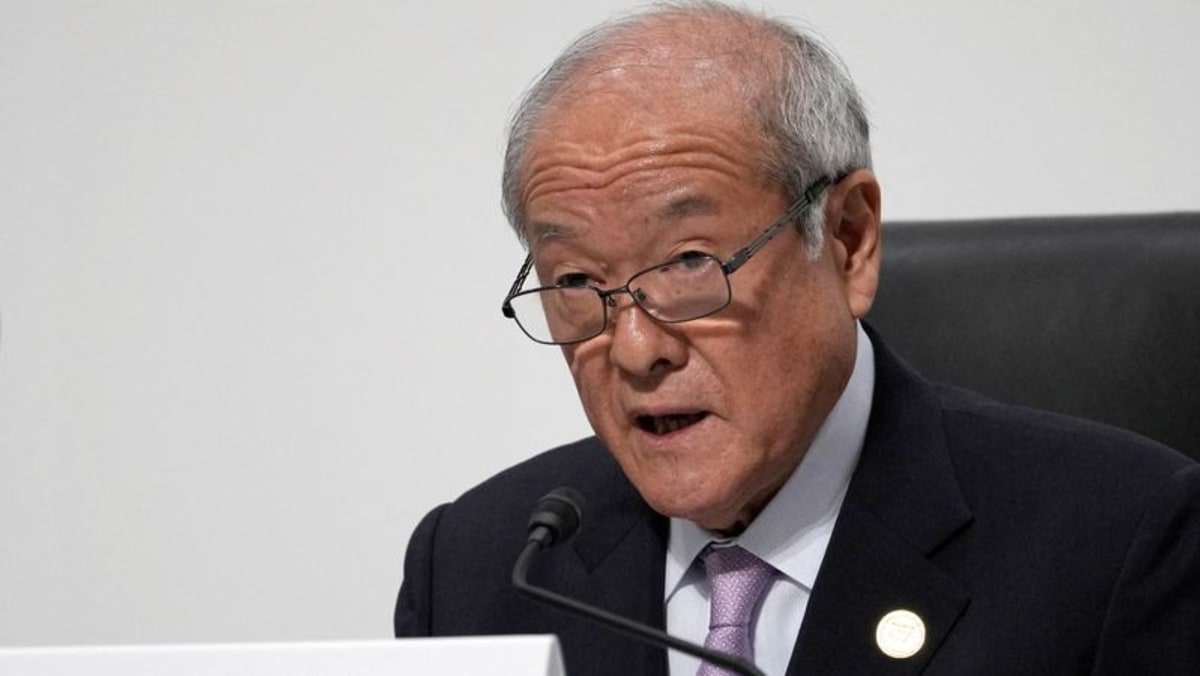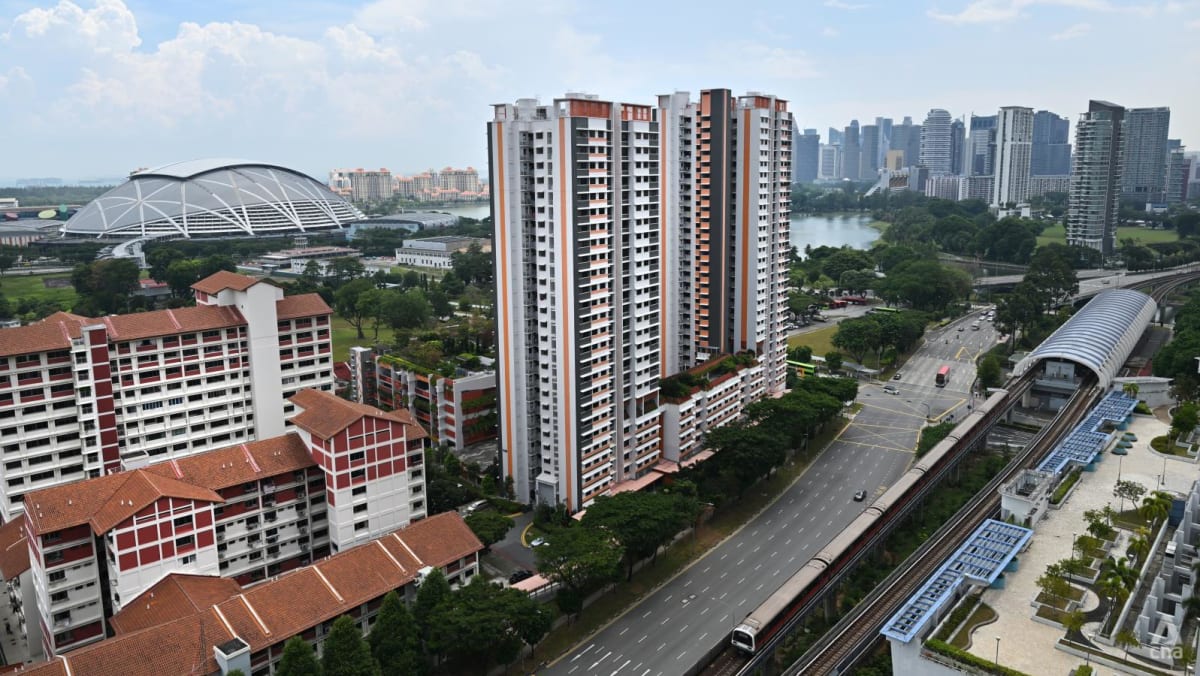Apart from the US Chips and Science Act, the US Inflation Reduction Act is another incentive programme “that will compete for the same sorts of investments that Singapore would be interested in”, EDB chairman Beh Swan Gin told reporters at a press conference in February.
The US Inflation Reduction Act comprises billions of dollars of subsidies for the purchase of electric cars and other eco-friendly products that are made in America. This has rattled many European nations who fear that companies may choose to relocate or at least prioritise investment in the US.
In response, the European Commission has presented a Green Deal Industrial Plan with higher levels of state aid to help Europe compete as a manufacturing hub for clean tech products.
Then, there is BEPS 2.0 which is advocating a minimum effective tax rate of 15 per cent for multinational groups with annual group revenues of at least 750 million euros (US$818 million).
Currently, Singapore’s headline corporate tax rate is at 17 per cent but the effective tax rate of many businesses may be lower than that, or even the proposed global minimum, due to tax incentives given to those seen as beneficial to the country’s economic development.
Singapore has said it will implement a domestic top-up tax for these large multinational enterprises – about 1,800 of them currently meet the revenue threshold – from 2025.
Already, these firms are having concerns about how the new global tax rules will erode their tax savings in Singapore and mulling whether they should be looking at relocating or making new investments in other countries, said Mr Baik.
“Certainly, tax is just one of the factors in this evaluation process but recent global tax developments have undoubtedly elevated the tax benefits consideration among the factors.”
Meanwhile, the cost of doing business in Singapore has crept up the list of concerns for businesses.
Beyond the inflationary push in operating expenses such as electricity, firms are increasingly mindful of the cost of living here, said Dr Lei Hsien-Hsien, chief executive officer of The American Chamber of Commerce (AmCham) in Singapore.
The Singapore International Chamber of Commerce (SICC) said global companies are most concerned about the elevated rental costs for residential and commercial premises.
The former, in particular, is “making living here much less viable for many expat executives and prohibitive for others”, and this impacts a company’s ability to relocate talent to Singapore.
While Singapore continues to stand out for having low risks of doing business, SICC said “there is no room for complacency” as its regional peers can now better manage risks than before.
“When combined with lower business costs, regional markets will remain attractive to investors based on their risk appetite and their specific business requirements,” the chamber said.
A separate survey, released this week by the European Chamber of Commerce Singapore, also showed that 69 per cent of companies are ready to relocate their staff out of Singapore if there is no relief from rising rental costs of residential and office spaces.
Mr Wong, who is also Finance Minister, has warned that multinational firms are “mobile and … have options” for their next investment projects. Already, firms are “making this clear” in consultation sessions with policymakers.
“Because of BEPS, they will no longer enjoy the same tax advantages in Singapore. Meanwhile, other countries in the region are cheaper, while their home countries are offering very generous incentive packages,” Mr Wong said in his Budget round-up speech on Feb 24.
“So they ask us: what else can Singapore offer to stay competitive?”

